Python is a very powerful and versatile programming language and runs on a variety of operating systems, but the description of how fast the code runs may need clarification. Python is an interpreted language, and its code execution speed is usually slower than some compiled languages (such as C, C++ or Java). However, Python's ease of use and powerful library support make it still very popular in many scenarios. Next, let the editor of Huajun explain to you how to create tuples in python and how to create tuples in python!
first step
Open your text editor (such as Visual Studio Code, PyCharm, Sublime Text, etc.) or IDE. Select "New File" or a similar option.
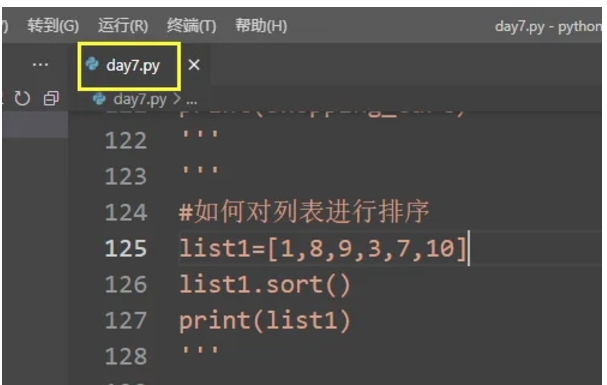
Step 2
Save the file with a .py extension, such as create_tuple.py.
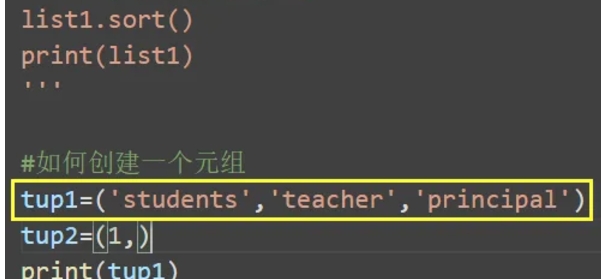
Step 3
In the create_tuple.py file, enter the following code:
#Define a tuple
my_tuple = (1, 2, 3, "apple", 5.5)
# If there is only one element in the tuple, add a comma after the element
single_element_tuple = (42,)
# Use the print function to print out the tuple and take a look
print("Contents of tuple my_tuple:")
print(my_tuple)
print("Contents of n single-element tuple single_element_tuple:")
print(single_element_tuple)
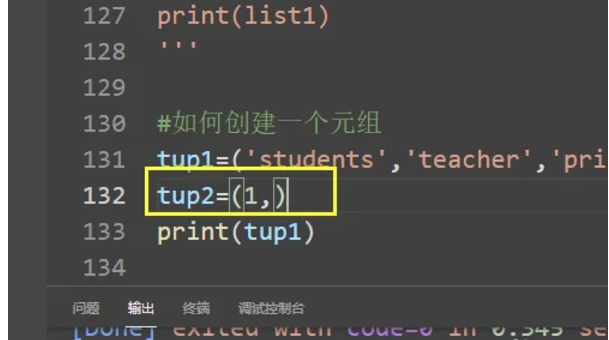
Step 4
In your text editor or IDE, find the option to run the program. This is usually an icon with a "Run" or "Play" button, or you can run it via a shortcut key (such as F5).
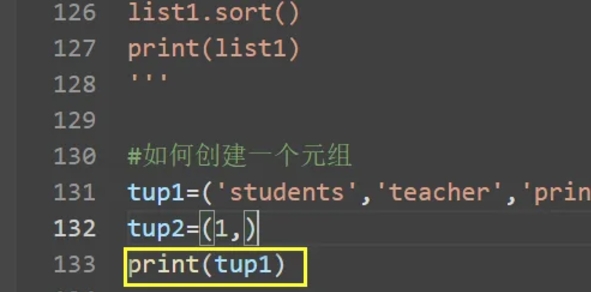
Step 5
Another method is to open a command line (CMD or PowerShell on Windows, Terminal on macOS or Linux), navigate to the directory where the create_tuple.py file is saved, and enter python create_tuple.py (or python3 create_tuple.py, depending on your Python installation).

Step 6
In the output console (usually the bottom pane of your text editor or IDE, or the command line window), you should see the following output: The contents of the tuple my_tuple:
(1, 2, 3, 'apple', 5.5)
Contents of single-element tuple single_element_tuple:
(42,)
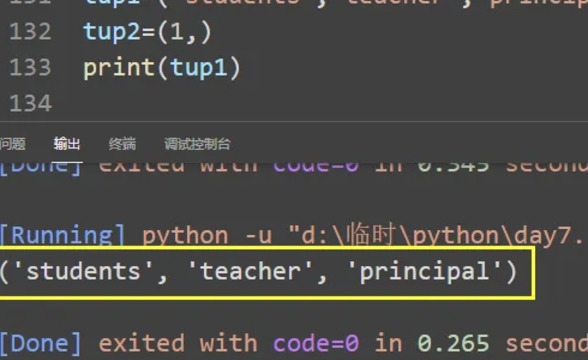
The above is how Huajun editor compiled for you how to create tuples in python and how to create tuples in python. I hope it can help you!




